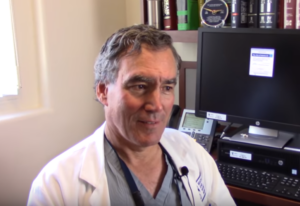STUDY HYPOTHESIS AND DESCRIPTION
Dr. Systrom has consistently found that some people with ME/CFS suffering from fatigue have Preload Failure (PLF). In this instance, PLF is thought to come from an imbalance in the autonomic nervous system and results in reduced filling of the heart during exertion.
Prior studies have shown that treatment with Mestinon results in symptomatic improvement in patients with PLF. Dr. Systrom intends to evaluate the short-term effects of Mestinon on the autonomic nervous system and neurovascular control in people with ME/CFS with PLF. Studying these features will improve our understanding of ME/CFS and this trial may lead to new therapeutic options for some people with ME/CFS.
More details of this trial can be found here.
OBJECTIVES

Donate your appreciated stock directly to OMFCA and you can receive an immediate income-tax deduction for the fair market value of the securities on the date of transfer (even if you originally paid much less for them).
OMFCA sells your securities and uses the proceeds to support our mission. You also do not pay capital gains tax on the transfer when the stock is sold. Giving appreciated stock can be more beneficial than giving cash. The “cost” of your gift is often less than the deduction you gain by making it. In advance, thank you for making this generous gift.
Gifting of Stock Instructions
Brokerage/Investment Firm: TD Waterhouse
Name on the Account: Open Medicine Foundation Canada
Account Number: 20LRHLA
OMFCA Canadian Revenue Agency (CRA) charity registration #: 74926 5518 RR0001
OMF Canada Registered Address:
Open Medicine Foundation Canada
2987 Baynes Road, Victoria, BC V8N-1Y4
Phone Number: 416-848-0055
Please speak to your personal tax advisor and then call OMFCA at 650-242-8669 to notify us of your donation or with any questions.